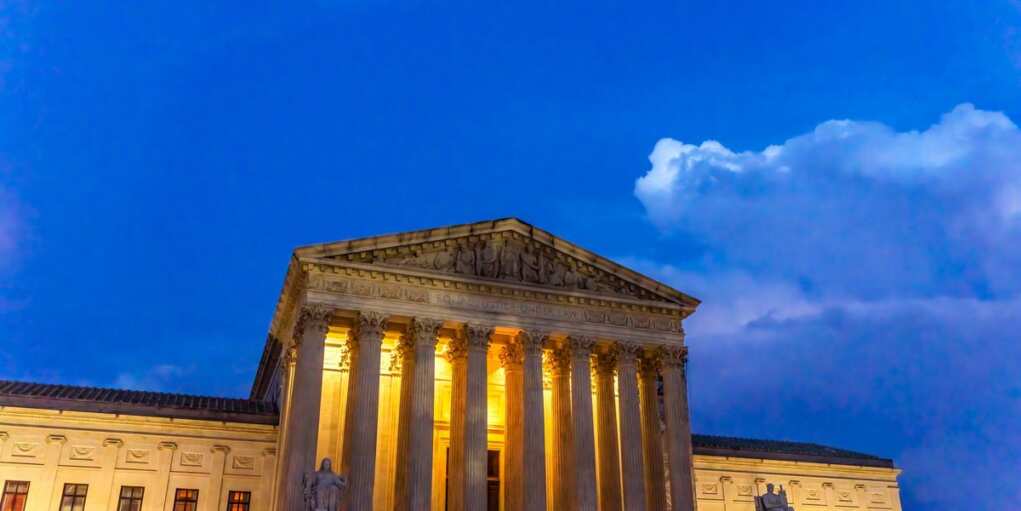Lawsuit Targets Supreme Court—Will This Rein in Corrupt Judges?

A pro-Trump legal group is suing Supreme Court Chief Justice John Roberts in a bid to shake up the structure of the federal judiciary and assert more executive control over court-related bodies.
The lawsuit, filed by America First Legal (AFL), claims Roberts—along with Robert J. Conrad, who heads the Administrative Office of the U.S. Courts—overstepped constitutional limits in their roles leading the Judicial Conference and related administrative functions. The group is demanding both officials comply with Freedom of Information Act (FOIA) requests about their coordination with congressional Democrats during the ethics drama surrounding Justices Clarence Thomas and Samuel Alito in 2023.
AFL says that by engaging in discussions with Congress about potential ethics rules for Supreme Court justices, the judicial bureaucracy crossed into policy territory that belongs to the executive branch.
“The accommodations with Congress are the province of the executive branch,” the group said in its filing, arguing that the judiciary has no authority to negotiate rules or answer political demands without White House involvement.
At the heart of the legal gambit is a bold claim: that the Judicial Conference and Administrative Office—long treated as part of the judiciary—should actually be considered “independent agencies” under the executive branch. If a court agrees, it could potentially give the president direct appointment and removal power over their leadership, radically rebalancing inter-branch boundaries.
The lawsuit doesn’t just seek internal emails or memos. It aims to redefine the structure of the court system’s oversight mechanisms, essentially forcing judiciary officials to answer to the president rather than operate independently.
So far, both the Judicial Conference and Administrative Office have denied the FOIA requests that prompted the legal action. AFL is hoping a court order will compel compliance.
Critics say the lawsuit is a long shot, but it plays into a broader theme of Trump-world backlash against perceived judicial activism. Allies of the president have frequently railed against what they call “rogue judges” blocking executive orders and undermining national policy priorities. In March, Chief Justice Roberts pushed back against the idea of impeaching judges based on rulings, calling it an attack on judicial independence.
“For more than two centuries, it has been established that impeachment is not an appropriate response to disagreement concerning a judicial decision,” Roberts wrote in a rare public statement after Trump supporters floated removing judges they viewed as political.
But the AFL lawsuit skips the impeachment route in favor of structural realignment—arguing that if these court officials are acting like policy gatekeepers, then they belong under presidential authority.
The case has landed in the courtroom of Judge Trevor McFadden, a Trump appointee to the U.S. District Court for the District of Columbia. His ruling could set the tone for how far Trump-aligned groups are willing—or able—to go in reining in judicial institutions that they view as increasingly hostile to their agenda.
Whether the court entertains the theory or tosses it aside, the lawsuit signals an escalating front in the battle over the boundaries of the three branches of government—and a broader effort by conservatives to reshape Washington’s institutional power map ahead of 2026.
